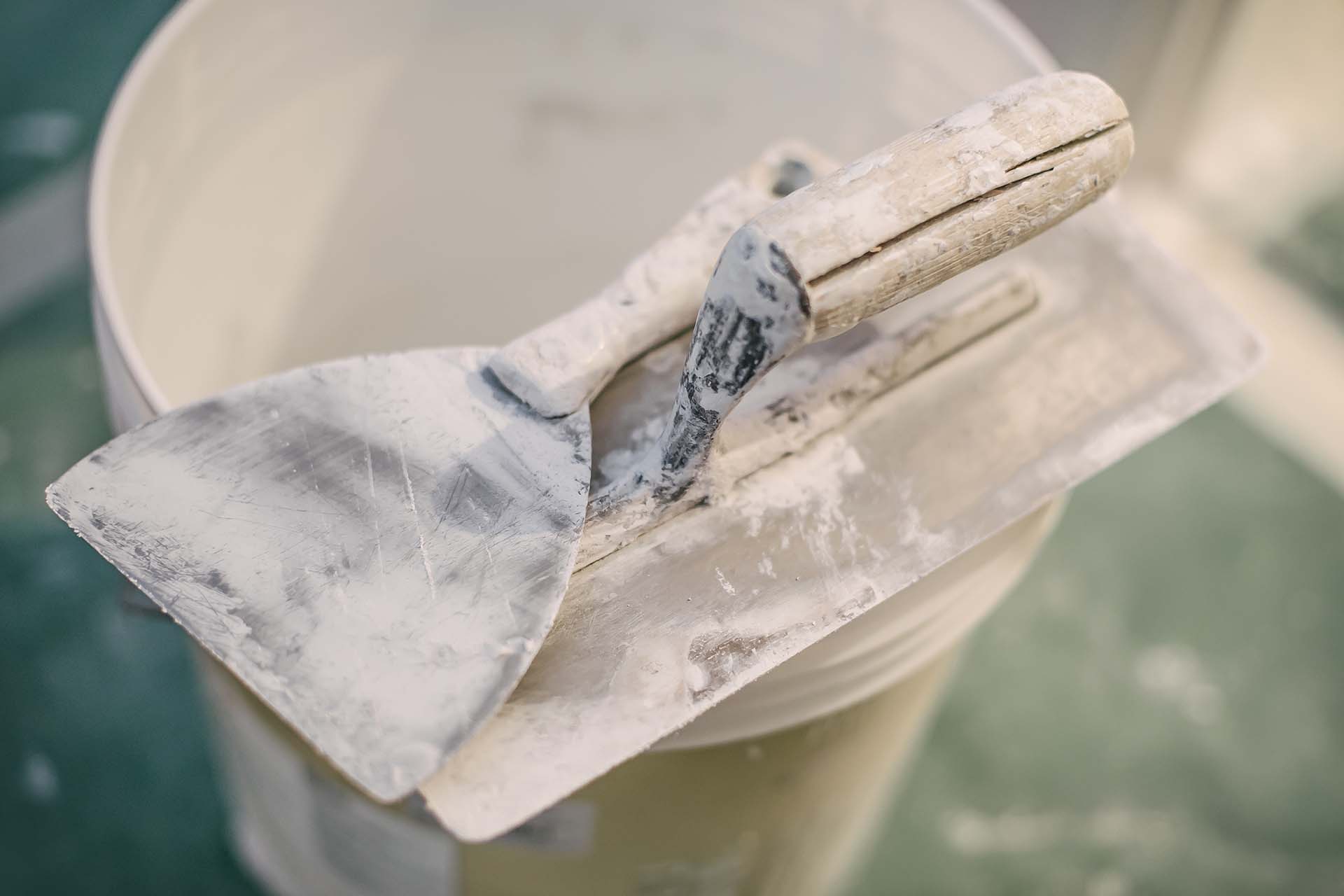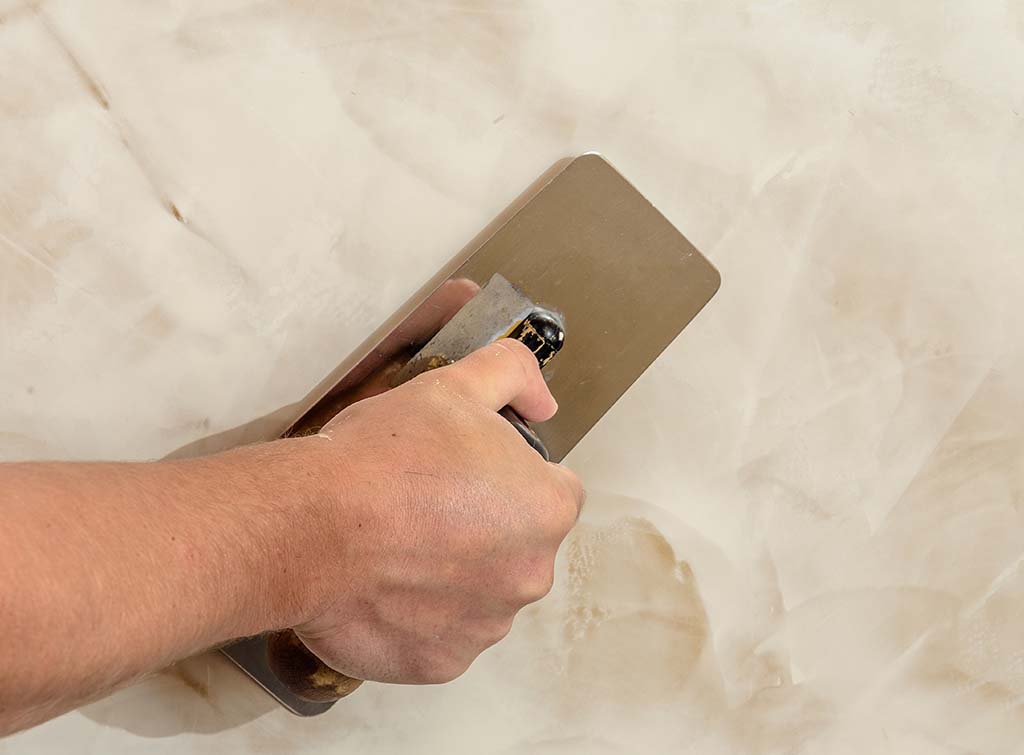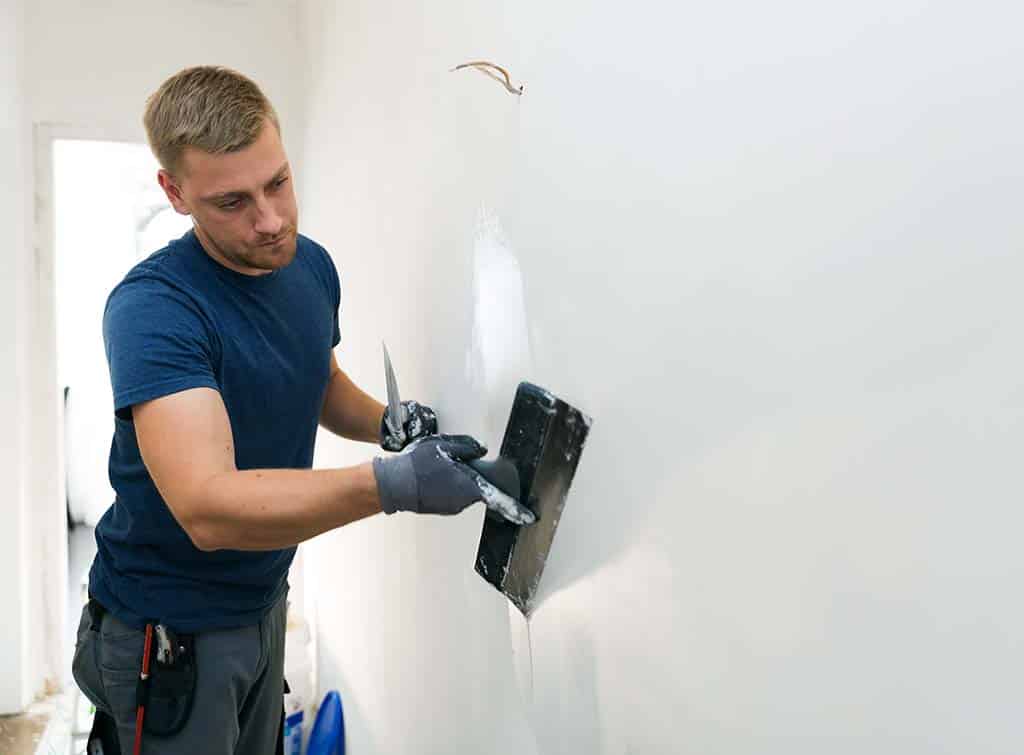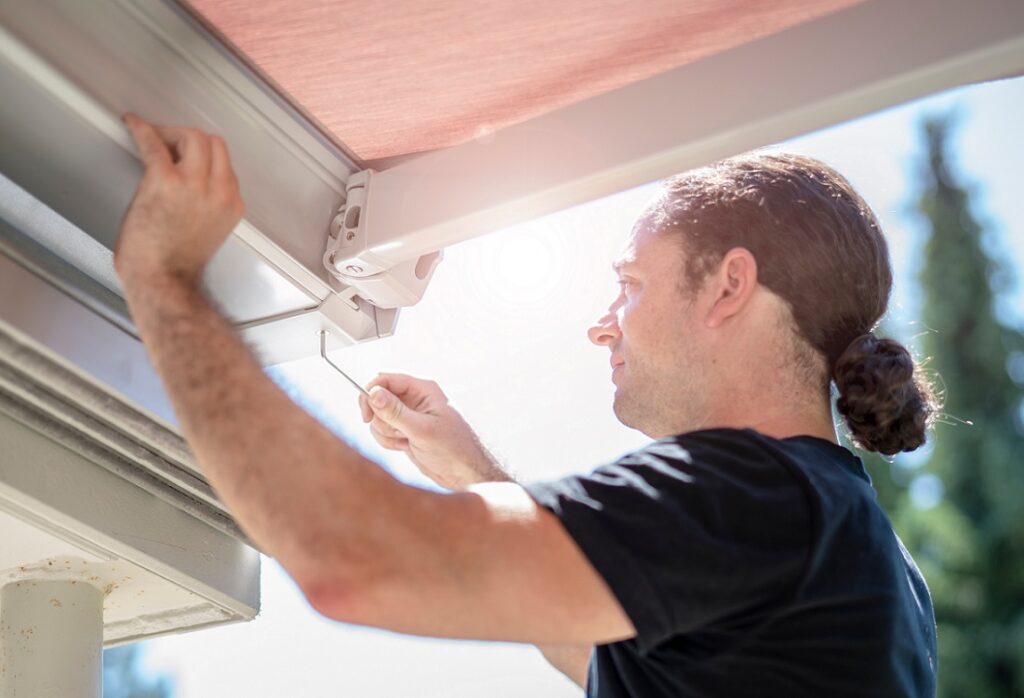How to become a plasterer

In this article, we'll cover:
What does a plasterer do?
In a nutshell, a plasterer’s role involves applying plaster and decorative finishes to surfaces, such as walls and ceilings. This is done to repair any damage, ensure durability, and make things look more aesthetically pleasing overall.
Plastering work can apply to both new builds as well as restoration projects.
Some common plasterer tasks include:
- Preparing surfaces and smoothing uneven areas
- Mixing and applying plaster to interior walls and ceilings
- Attaching plasterboard to a wall to prepare it for painting or covering (aka ‘dry lining’)
- Creating or repairing decorative plaster features such as ceiling roses (aka ‘fibrous plastering’)
With various skills covered, including solid plastering and dry lining, learning the basics of plastering can set you up to offer other plastering services in:
- a customer’s home
- at a commercial unit
- or on a construction site
What qualifications do you need to be a plasterer
As we’ll mention below, there are certain entry requirements when it comes to plastering courses and apprenticeships. These can vary depending on the type of training you’re looking at.
Generally speaking, for higher levels of training, you’ll need to have more GCSEs under your belts, and they’ll likely need to be of higher grades.
But do you need qualifications to become a plasterer? Technically, you don’t need to have any qualifications for this role, especially if you’re able to do on-the-job training. However, having the right qualifications can help make you more employable.
Homeowners are more likely to choose a trusted trade, and getting the right qualifications is a guaranteed way to show your dedication.
It’s also worth noting that there are some instances when you will need certain qualifications. For example, to work on a construction site as a plasterer, you’ll need an NVQ qualification, with the appropriate CSCS card.
Get more plastering jobs with our trade directory
Enjoy getting trade leads in your area
Start our checks nowSkills needed to become a plasterer
Like with other trade roles, there are certain skills which can make becoming a plasterer much easier. Some of the main skills you might find beneficial include:
- Precision and paying attention to detail
- A good knowledge of building and construction
- Able to work well with your hands
- Strong teamwork
- Time management and working well under pressure
- Great customer service when dealing with clients

Different ways to become a plasterer
If you’re just starting out, there are a few ways to obtain the skills needed to become a plasterer. This includes training as you go, a dedicated apprenticeship programme, or a plastering course.
Plastering courses
A plastering course will help you to achieve the qualifications needed to progress your career to the next level.
Some of the plastering courses available at college include:
- Your Level 1 Award in Construction Skills – Plastering
- Also, get the Level 2 Diploma in Plastering
- Plus a Level 3 Advanced Technical Diploma in Plastering
- T Level in on-site construction
In particular, the City and Guilds plastering courses are progressive, the Level 2 NVQ is equivalent to GCSE grades A*-C. You can start with an introduction to plastering and build up to a diploma if you wish.
Some of the options include plastering night courses, allowing you to learn new skills at the same time as working. It’s always useful to upskill, even if your trade business is getting a good level of work.
A plastering apprenticeship
An apprenticeship combines on-the-job training with an employer alongside time spent at college or a training provider.
Typically, it takes around 2 years to complete a plastering apprenticeship. During this time, moreover, you’ll be employed by a company and expected to work at least 30 hours a week.
Get your tools for less
You could save roughly £500 per year on business essentials* like our members do
On-the-job training
Working as a plasterer’s labourer is a great way to get ‘hands-on’ experience, but it can take longer to perfect your plastering skills this way.
College courses and apprenticeships will have set entry requirements. So, to get into plastering through ‘on-the-job training’, it can be helpful to have some prior experience working on a construction site.
Plasterer training options for experienced tradespeople
Whether you’ve already started a plastering business or are just looking to expand on your skillset, there are still options for further training. Just take a look at a couple of examples below.
Venetian plastering courses
Experienced plasterers looking to further their skills may be interested in training courses dedicated to venetian plastering. It is easy to see why.
Courses that specialise in venetian plastering will teach you about the products and tools involved in creating the various ‘traditional Italian’ effects – plus, how to deal with repairs, and an understanding of colouring.
Also referred to as lime plastering courses or polished plastering courses, you’ll learn the skills required to create a luxurious finish that’s becoming increasingly popular with homeowners.
And arguably, it’s a great way to diversify your already established plastering business.
Intensive plastering courses
Perhaps you’re already an experienced tradesperson interested in upskilling? Well, an intensive plastering course can give you a great idea of what’s involved with this role.
Weekend plastering courses are available with a number of different providers. These short plastering courses generally last between 5 days and 2 weeks.

Becoming a plasterer FAQs
How long does it take to become a plasterer?
The basic skills to become a plasterer can be taught in a few weeks. But to refine your craft and become an expert can take years. There are options such as plastering night courses that allow you to learn as you work.
How much is it to do a plastering course?
The cost of a plastering course can vary from around £600 for intensive plastering courses, to £2,795 for plastering construction diplomas. Your training provider will be able to confirm the cost according to the type of course you want to undertake.
Are there any free plastering courses?
If you search online, you will be able to find free plastering courses either as online courses, or nearby. However, these will not be accredited, and won’t help you become a plasterer.
Do plasterers earn good money?
The average salary for a plasterer when self-employed is around £37,010 per year – after business have been deducted. However, if you choose to grow and become a plastering business owner, this could rise to £45,472 after you’ve factored in your business costs and taxes.
What tools do I need as a plasterer?
It may sound obvious, but it’s important to have the right tools even if you’re only at the start of your plastering career. For some recommendations to help build up your toolbox, make sure to read our blog on the best plastering trowels.
At Checkatrade, we understand that finding the quality tools can come at price. Luckily, our members have access to exclusive discounts meaning they can get everything they need for less.
Get more plastering jobs with our trade directory
Enjoy getting trade leads in your area
Start our checks now*Year runs from April 21’ to March 22’. Spend based on 12,505 members. Savings differ depending on the partner. Products range from low value items to high value items. Log in to the Members’ Area and check the Offers and Discounts for latest deals.



No comments yet!